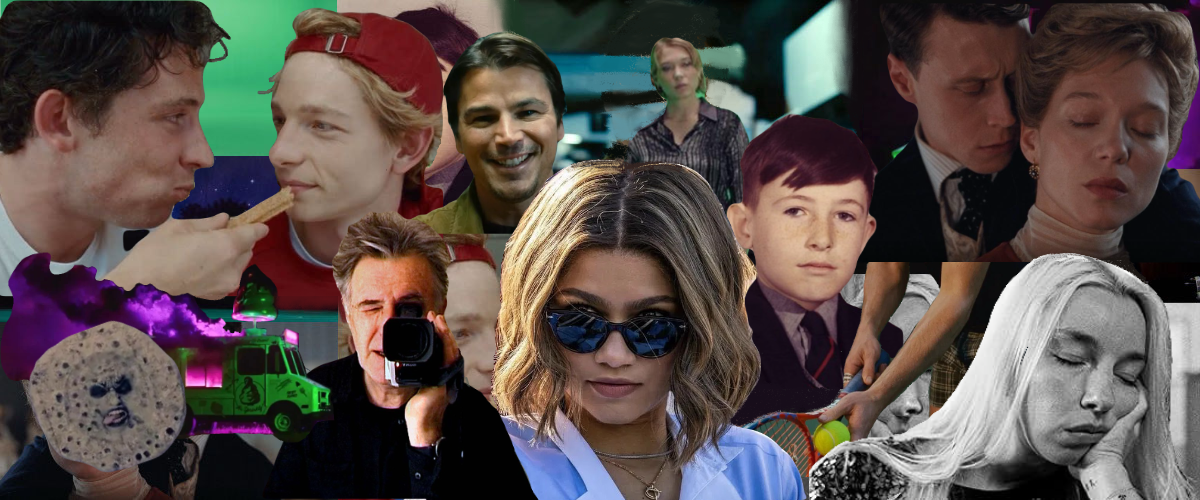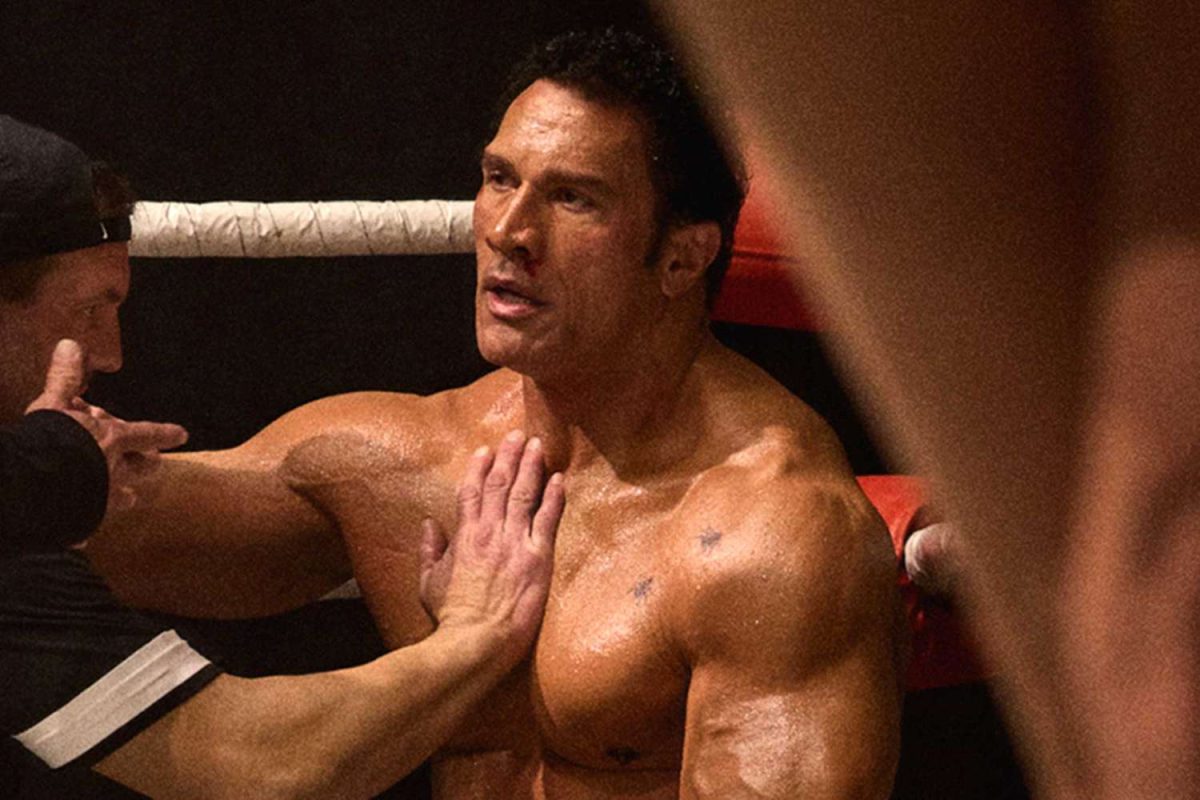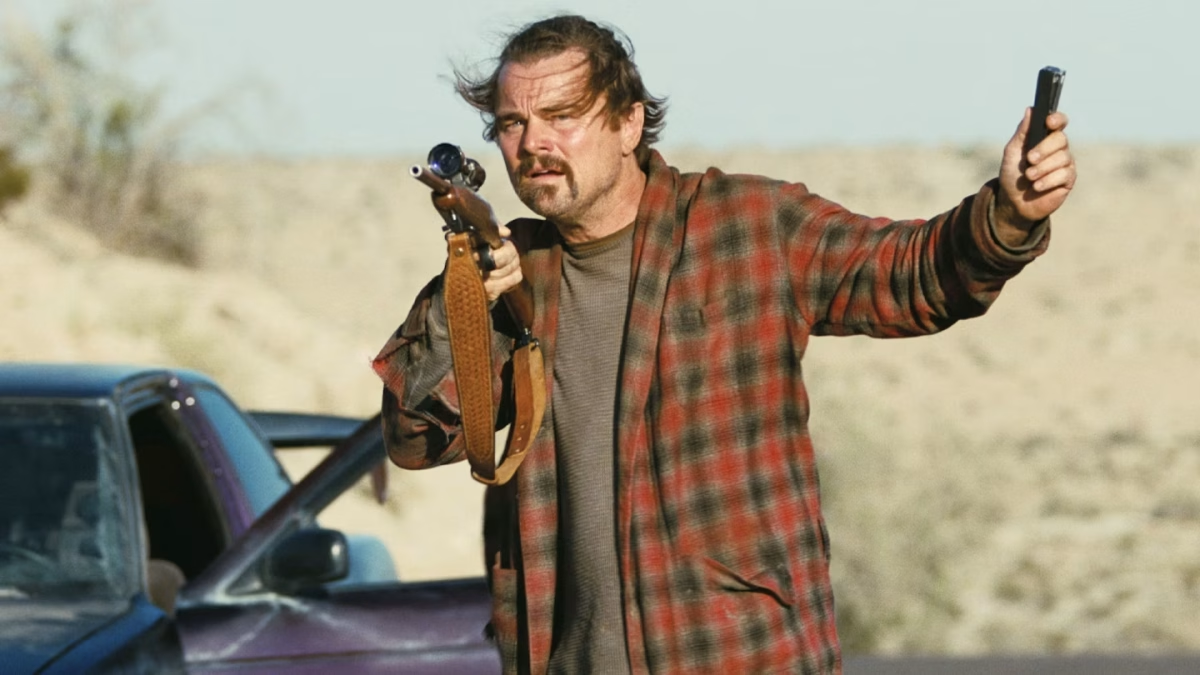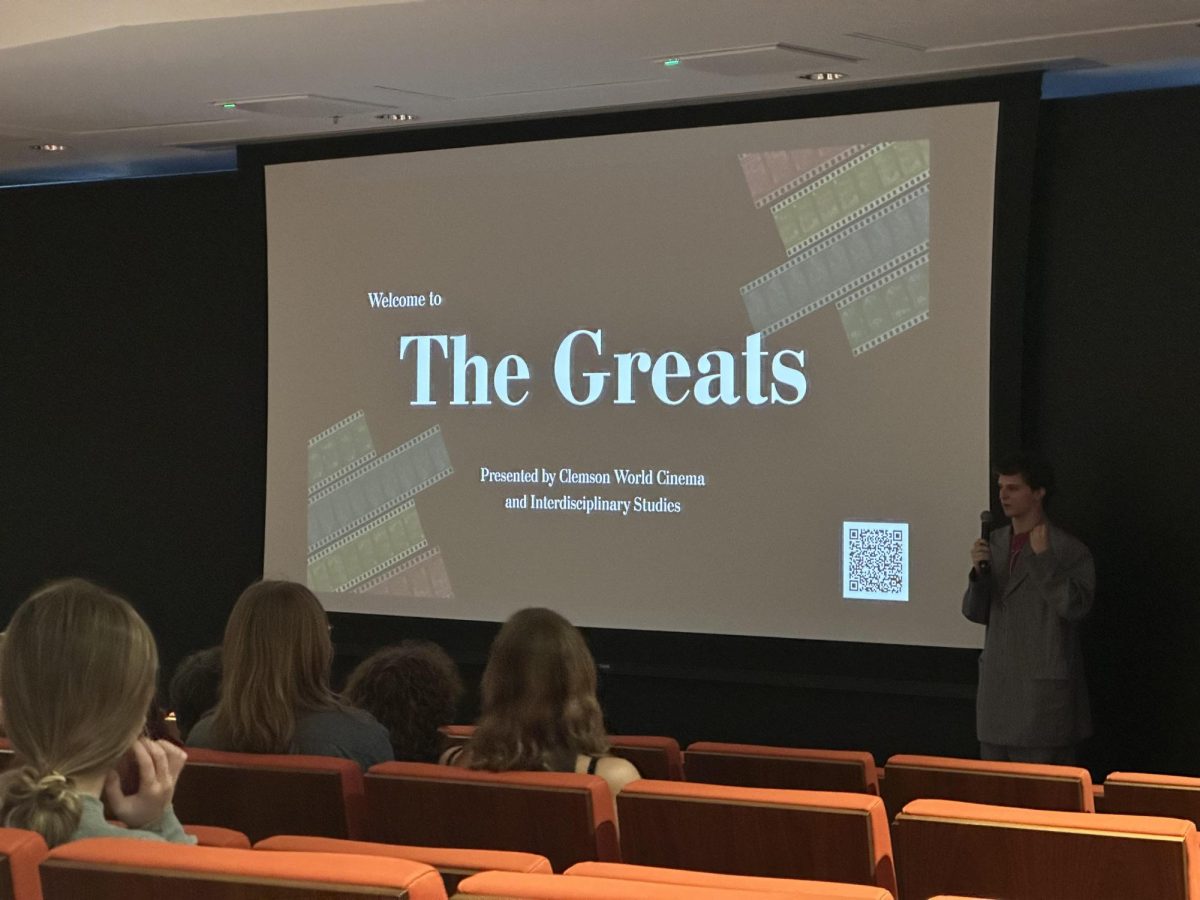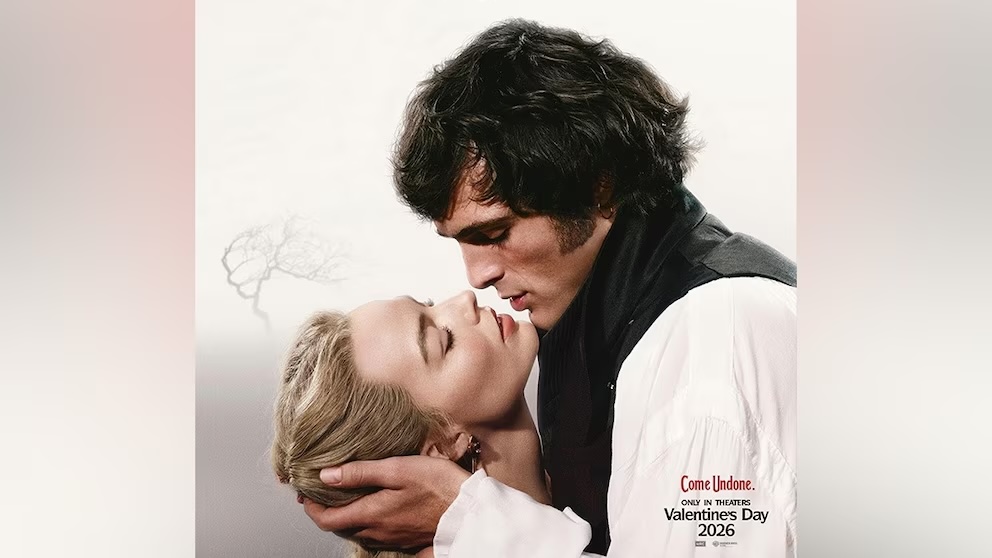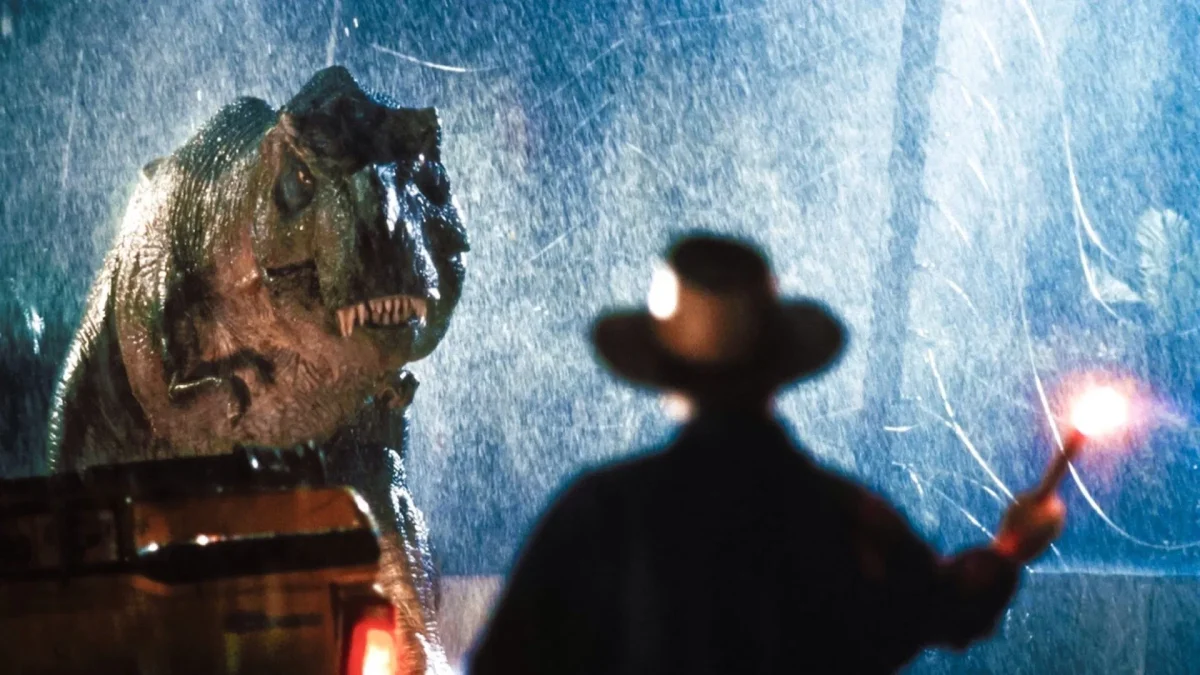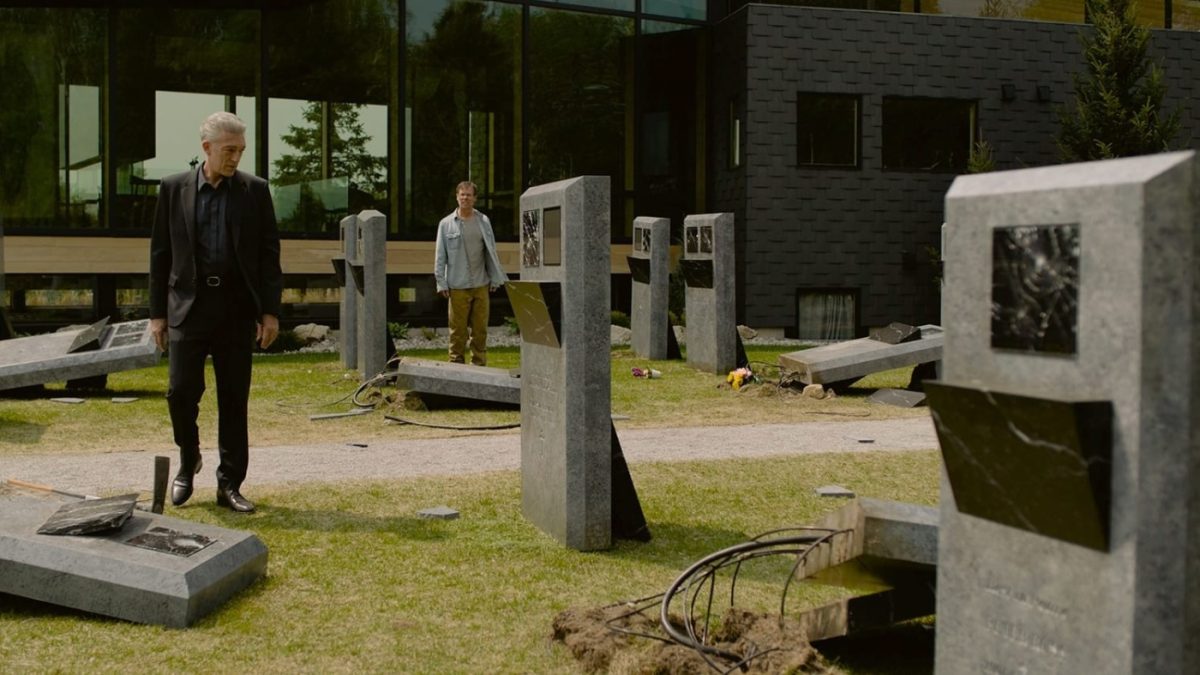More so than any other year in recent memory, I felt completely disconnected from the general moviegoing audience in 2024. The big studio blockbusters I liked underperformed, while the ones I hated or was ambivalent to grossed billions of dollars. Even some of the year’s more outré or obscure hits, like “The Substance,” left me unsatisfied. It also doesn’t help that many of 2024’s most acclaimed films — among them “The Brutalist,” “The Shrouds” and “No Other Land” — have yet to be widely released.
Despite all this, I saw quite a few great new releases this year. I’ve gathered six of my favorites below, ordered alphabetically.
‘The Beast’
According to its credits, “The Beast” is adapted from Henry James’ novella “The Beast in the Jungle.” As expected from French auteur Bertrand Bonello, however, the movie is anything but a straightforward translation from page to screen. Bonello takes the basic framework and ideas of James’ book and refracts it into a kaleidoscope of interlocking stories spanning multiple centuries.
Bonello interpolates and references countless cultural touchstones and historical moments, most disturbingly when a dead-eyed George MacKay recites incel terrorist Elliot Rodger’s manifesto. Alongside MacKay, Léa Seydoux is astonishing as a woman grasping for legitimate human connection in an artificial, postmodern world. It’s a challenging, discomforting but beautiful film.
‘Being John Smith’
John Smith hates his name. Googling “John Smith film,” as the artist points out in his short, sardonic essay film, turns up millions of results, almost none of them about the British avant-garde icon. He wishes he’d changed it when he got the chance. It’s only natural that a filmmaker so preoccupied with the relationship between cinema and language should make a film investigating the maddening ubiquity of his own name.
The film is as formally inspired as any of Smith’s other works, often using simultaneous voiceover and onscreen text to express two ideas at the same time. It’s a formally audacious stream of consciousness essay, tackling Smith’s family history, political convictions, artistic insecurities and his feelings about some of his most acclaimed past work. “Being John Smith” is as clever as any of his classic films, and while he may not believe it deserves to stand alongside them, I think it’s more than deserving of a place of privilege in his canon.
‘Challengers’
The most important thing to understand about Luca Guadagnino’s “Challengers” is that it’s awesome. It inspired more incredulous glee than any other movie I saw in 2024, combining an enjoyably sleazy, torrid narrative with some of the most playful, maximalist filmmaking to grace multiplex screens in years. No other sequence in cinema this year matches Josh O’Connor and Mike Faist’s final, subtext-laden tennis match.
They play the game like it’s a duel, their grunts of exertion born from both physical strain and pure id. Sayombhu Mukdeeprom conjures up unbelievably beautiful images that somehow suit the tawdry subject matter perfectly.
‘Do Not Expect Too Much From the End of the World’
Academics, critics and smug tech CEOs seem to announce the death of cinema every other week, but Romanian provocateur Radu Jude’s latest film proves that the form is still rich with untapped potential. The movie is astonishing in its breadth and depth. It’s as long-winded as its title, running nearly three hours.
Jude blends extended sequences of mundane kitchen sink drama with flashes of hyper-contemporary absurdity and homages to a broad assortment of artists. Filmmaker Isabel Sandoval has referred to it as Romanian cinema’s “Ulysses,” and there’s more than a little truth to the comparison: Jude has found the midpoint between Joyce and the Nouvelle Vague, and it’s astonishing.
‘I Saw the TV Glow’
It’s tempting when acclaiming “I Saw the TV Glow” to pigeonhole it as an important film. While it certainly is — a movie this explicit about the near-insurmountable social pressures transgender people face is more timely than ever — it’s also one of last year’s most atmospheric and emotionally affecting films. Justice Smith and Brigette Lundy-Paine are hypnotic as the two leads, and the soundtrack is exceptional. The intermittent moments of transcendent euphoria only make the atmosphere of overbearing, hollow dread that writer-director Jane Schoenbrun evokes all the more heartbreaking.
‘Trap’
M. Night Shyamalan is like popular cinema’s Marmite: you either love him wholeheartedly or dismiss him as consistently abysmal. I fall into the former camp, fascinated by his use of genre film frameworks to investigate universal themes. “Trap” isn’t as monumental as 2023’s “Knock at the Cabin,” but it’s maybe Shyamalan’s most purely fun movie since “Signs.”
Josh Hartnett is alternately hysterical and terrifying as a serial killer attempting to avoid being discovered at a pop concert. Shyamalan’s stilted, ridiculously high-concept screenplay is both very funny and surprisingly compelling, while Sayombhu Mukdeeprom’s cinematography enhances Hartnett’s desperation through tight framing and clever manipulation of camera angles.



